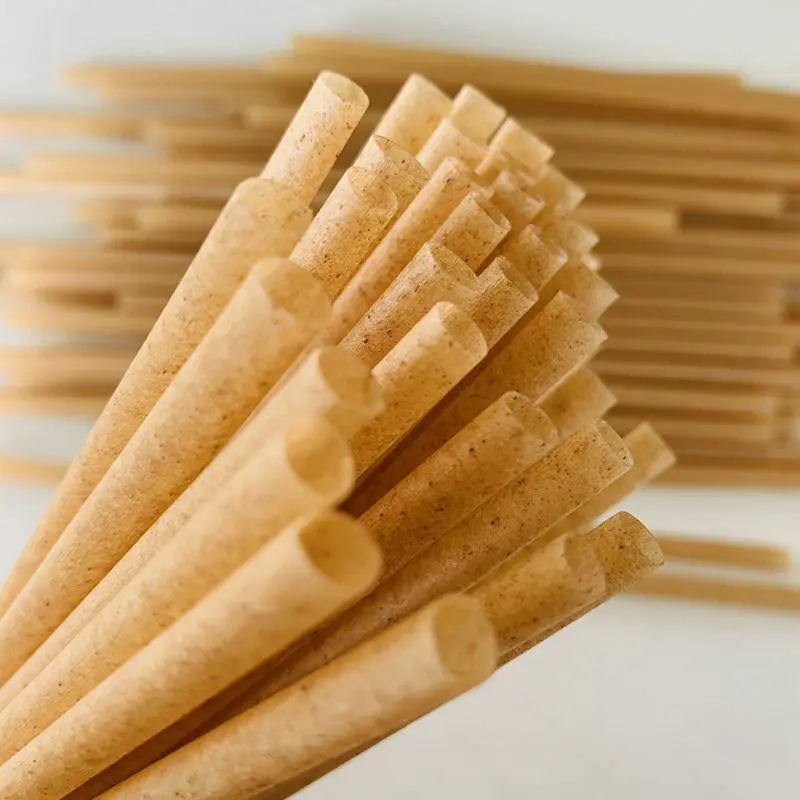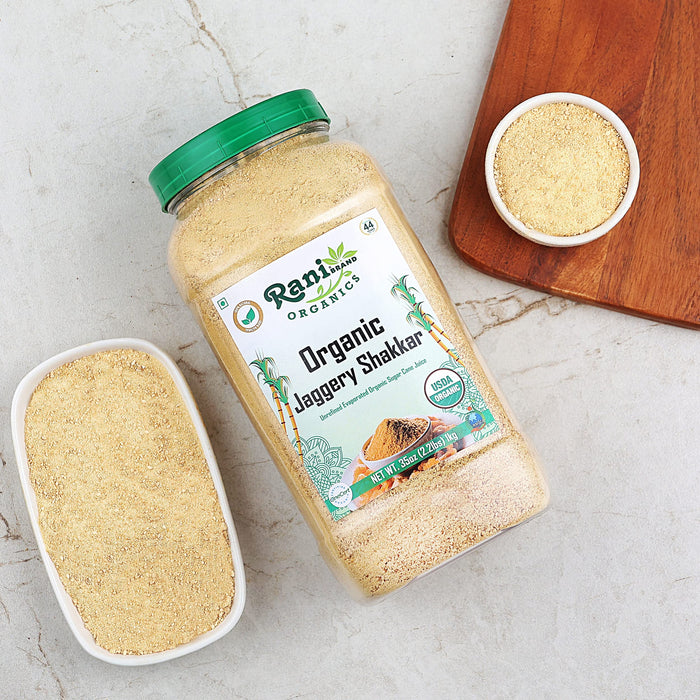Sugarcane Product: A Natural Sweetener for Fit Individuals
Sugarcane Product: A Natural Sweetener for Fit Individuals
Blog Article
Lasting Sugarcane Products: From Sweeteners to Eco-Friendly Item
The capacity of lasting sugarcane items expands past traditional sweeteners to incorporate a series of environmentally friendly goods, offering an engaging case for their assimilation into contemporary consumer practices - sugarcane product. As the world grapples with pushing ecological concerns, sugarcane emerges as a versatile resource efficient in resolving both nutritional demands and sustainability objectives. This discussion will discover exactly how innovations in sugarcane farming and handling can result in substantial improvements in naturally degradable packaging and eco-conscious fabrics. What ramifications might these developments have for future consumer options and environmental influence?
Review of Sugarcane Sustainability
As the demand for environmentally friendly products expands, understanding sugarcane sustainability comes to be increasingly vital. Sugarcane, a flexible plant, is grown primarily in tropical and subtropical areas, and its sustainability is critical for both environmental health and wellness and economic feasibility. Lasting sugarcane farming methods concentrate on decreasing eco-friendly influence while optimizing efficiency and success.
Trick aspects of sugarcane sustainability consist of efficient land use, decreased chemical input, and enhanced water management. Practices such as plant turning, integrated parasite administration, and natural fertilizing add to dirt health and biodiversity. In addition, cutting-edge modern technologies, such as accuracy agriculture, aid optimize source usage and decrease waste.
Moreover, sugarcane is a renewable resource, with spin-offs that can be made use of in numerous industries, from biofuels to biodegradable plastics, thereby reducing dependence on fossil gas and decreasing carbon impacts. Accreditations like the Bonsucro common motivate lasting methods across the supply chain, promoting transparency and accountability.

Sugarcane-Based Sugar
Making use of sugarcane as a key resource, sugarcane-based sugar have actually gotten importance as all-natural options to refined sugars and synthetic sugar (sugarcane product). These sugar, acquired from the extraction and handling of sugarcane juice, use a range of products that satisfy diverse customer preferences, including organic and minimally refined options
Amongst the most noteworthy sugarcane-based sugar are raw walking cane sugar, panela, and molasses. Raw cane sugar maintains more of the natural flavors and nutrients found in sugarcane, making it a popular choice for health-conscious consumers. Panela, a traditional Latin American sweetener, is created by evaporating sugarcane juice, protecting its all-natural minerals and vitamins. Molasses, a result of sugar removal, is abundant in anti-oxidants and important nutrients, functioning as a nutritious sweetening agent in different cooking applications.
The expanding need for sugarcane-based sweeteners is driven by enhancing awareness of health and sustainability problems connected with standard sugar. By picking sugarcane-derived products, customers not just sustain sustainable agricultural practices however also add to a much healthier lifestyle, aligning their nutritional choices with their ecological values.
Biodegradable Product Packaging Solutions
Emerging as a sensible option to conventional plastics, naturally degradable product packaging services originated from sugarcane are changing the product packaging sector. These innovative materials supply an eco-friendly option that attends to the expanding worries over plastic pollution. Making use of the all-natural sugars found in sugarcane, manufacturers are establishing different kinds of naturally degradable product packaging, consisting of movies, containers, and wraps that disintegrate more rapidly than typical plastics.
The key advantages of sugarcane-based product packaging lie in its renewable sourcing and its ability to break down into non-toxic results. Unlike fossil fuel-derived plastics, which can persist in the environment for hundreds of years, sugarcane packaging typically decays within a couple of months under correct conditions. This decrease in waste not only reduces landfill overflow yet also lowers the carbon footprint linked with packaging materials.
Moreover, sugarcane-derived packaging keeps durable efficiency features, providing equivalent toughness and performance to conventional choices. As organizations and customers progressively prioritize sustainability, the adoption of naturally degradable product click now packaging solutions stands for a significant step in the direction of a round economic climate, where materials are reused and regrowed rather than thrown out. This shift not only improves brand picture yet also adds to an extra sustainable future for the world.
Eco-Friendly Textiles and Fabrics
Environment-friendly textiles and materials are getting traction in the fashion and home products industries as customers increasingly require lasting alternatives to traditional materials. Amongst the remarkable options are fabrics stemmed from sugarcane, which supply an eco accountable choice to artificial fibers. These fabrics are produced through a process that uses the renewable energies located in sugarcane, substantially reducing reliance on i thought about this petroleum-based materials.

As the market for sustainable fabrics broadens, consumers can look ahead to innovative designs that combine style with ecological obligation. Ultimately, eco-friendly fabrics and materials represent a substantial step towards reducing the style industry's environmental impact while providing to the growing demand for liable customer options.
Developments in Sustainable Farming
Changing agricultural practices, technologies in sustainable farming are changing the method crops are grown and taken care of. These innovations concentrate on minimizing ecological effect while making best use of performance and performance. Strategies such as precision agriculture use information analytics and satellite imagery to maximize resource usage, ensuring that water, plant foods, and chemicals are used just where required. This targeted method not only decreases waste yet additionally boosts crop returns.

Moreover, agroecology, which integrates ecological concepts right into farming, advertises biodiversity and soil wellness. Practices such as plant turning, cover chopping, and intercropping foster resistant environments that can endure parasites and climate variations - sugarcane product. In addition, making use of organic fertilizers and biopesticides adds to much healthier dirts and communities

With each other, these developments are not just reshaping the farming landscape yet additionally adding to a more lasting future for sugarcane and various other plants, lining up agricultural experiment ecological stewardship.
Verdict
Lasting sugarcane products represent a substantial improvement in green options, covering from all-natural sugar to biodegradable goods. The farming of sugarcane with lasting techniques not just enhances ecological wellness yet additionally contributes to financial practicality. As consumer preferences significantly lean towards lasting choices, the adaptability of sugarcane as a renewable energy becomes increasingly appropriate. This trajectory highlights the importance of continued technology and commitment to sustainable practices within the sugarcane market, promoting an extra lasting future.
The capacity of lasting sugarcane products extends past typical sweeteners to include an array of eco-friendly items, presenting a compelling situation for their assimilation right into modern-day customer techniques. Sustainable sugarcane farming practices concentrate on lessening ecological influence while making best use of efficiency and profitability.
Sustainable sugarcane items stand for a significant innovation in environmentally friendly choices, covering from natural sugar to naturally degradable goods. The growing of sugarcane with sustainable practices not only improves ecological wellness yet also contributes to economic stability. As customer choices significantly lean in the direction of lasting alternatives, the flexibility of sugarcane as a renewable source becomes significantly appropriate.
Report this page